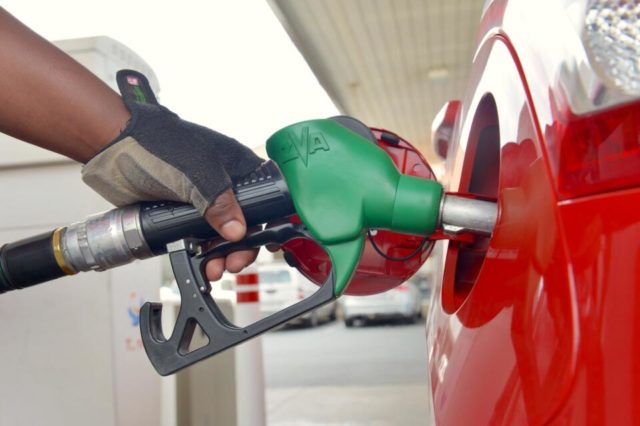Motorists are in for a shock on Wednesday morning. They will wake up to a whopping R1 a litre petrol price hike.
SOUTH African motorists are facing another steep fuel price increase from Wednesday, April 7, with both petrol and diesel rising due to a combination of increased taxes and stronger international oil prices.
Although late-month data had already given us a close approximation of how the fuel prices would change this week, the Department of Energy has made the official amounts available on its website. This means that from Wednesday, the price of 95 Unleaded Petrol will rise by exactly R1 per litre, while the cheaper 93 Unleaded Petrol will see a 95 cent increase. Low-sulphur diesel (50ppm) is set to climb by 63 cents a litre while the dirtier 500ppm grade will see a 65 cent rise.
All-time high for petrol
Petrol will in fact reach all-time highs after the increase, with 95 Unleaded now costing R16.61 at the coast and R17.32 in the inland regions, where 93 Unleaded will now cost R17.10.
We can’t provide a retail price for diesel as it remains unregulated, but according to the energy department, 50ppm diesel will now have a wholesale price of R14.21 at the coast and R14.81 inland.
Why are the prices rising?
April’s steep fuel price hikes are as a result of a nasty cocktail of increased taxes, as announced during the recent Budget Speech, as well as weak international Brent Crude Oil prices, which rose from an average of $61 (USD) to $64 during the month of March.
As mentioned, fuel taxes are set to increase by 27 cents a litre. This comprises a 15 cents per litre rise in the General Fuel Levy, while the Road Accident Fund levy is set to increase by 11 cents and the Carbon Fuel levy by 1 cent.
These levies will now total R5.96 on every litre of fuel purchased, which represents almost 40 percent of the price you pay at the pumps.
The Automobile Association points out that the price increases will have widespread negative consequences for the entire country, not just motorists.
“We can only stress again the severe additional damage these increases will do to household budgets, both directly and indirectly as the increased transport costs ripple throughout the value chain,” the AA said.
“Increased public transport fares will surely also not be far off either.”








